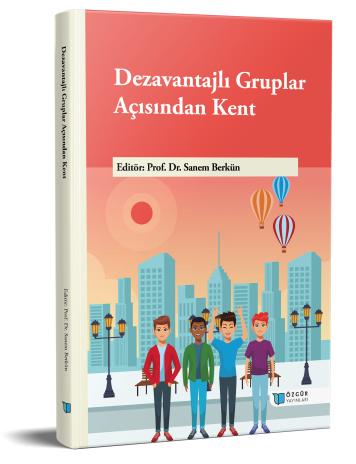
Dependent Urbanization and Deep Poverty
Chapter from the book:
Berkün,
S.
(ed.)
2025.
City in Terms of Disadvantaged Groups.
Synopsis
Urbanization emerges as an important tool in shaping the social and economic structure conceptually and functionally. However, while spatial growth is seen especially in underdeveloped countries, dependent urbanization, where urban opportunities do not grow at the same rate, provides wealth for some segments, while it leads to deepening poverty for the majority of the society. With dependent urbanization, some of the social groups of underdeveloped countries live in luxurious places, while some social groups try to hold on to life in the slums of the city. Economic and social problems arising from injustice in income distribution are increasing. Thus, a huge city called metropolitan emerges. However, a fake urbanization emerges in a way that is very different from the human scale of urbanization practices. Metropolitan cities, which are said to be developing in underdeveloped countries, have turned into areas where there is an unbalanced structure where changes in land use are observed. However, urbanization based on luxurious housing residences, which are not integrated with the settlements of the poor segments both spatially and visually, leads to unplanned urbanization. New structures in industry and services, mobility of the workforce, status of communication systems, spatial differentiation have deepened and increased.
Thus, parallel to the inequality in income distribution, dependent urbanization has also brought deep poverty. In cities where dependent urbanization is seen, the distinction between social classes has sharpened and an urban structure with spatially polarized social layers has emerged. In this study, on the one hand, the human and environmental effects of rapid and unplanned urbanization and housing policies and dependent urbanization on metropolitan cities in underdeveloped countries have been examined; on the other hand, the problems faced by dependent metropolitan city residents, such as deep poverty and inequality, which have emerged as a result of these policies, have been examined within a general framework.

